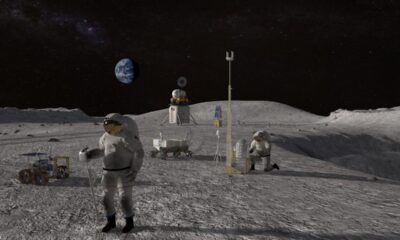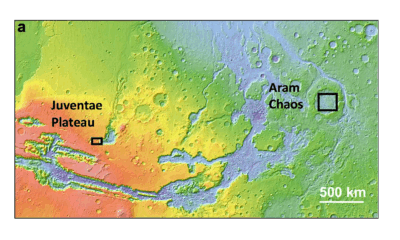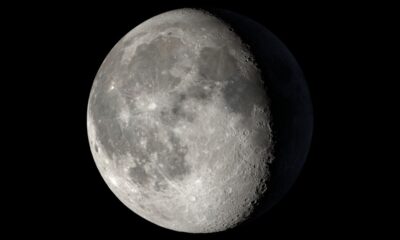Science
NASA and Google Launch AI Medical Assistant for Space Missions
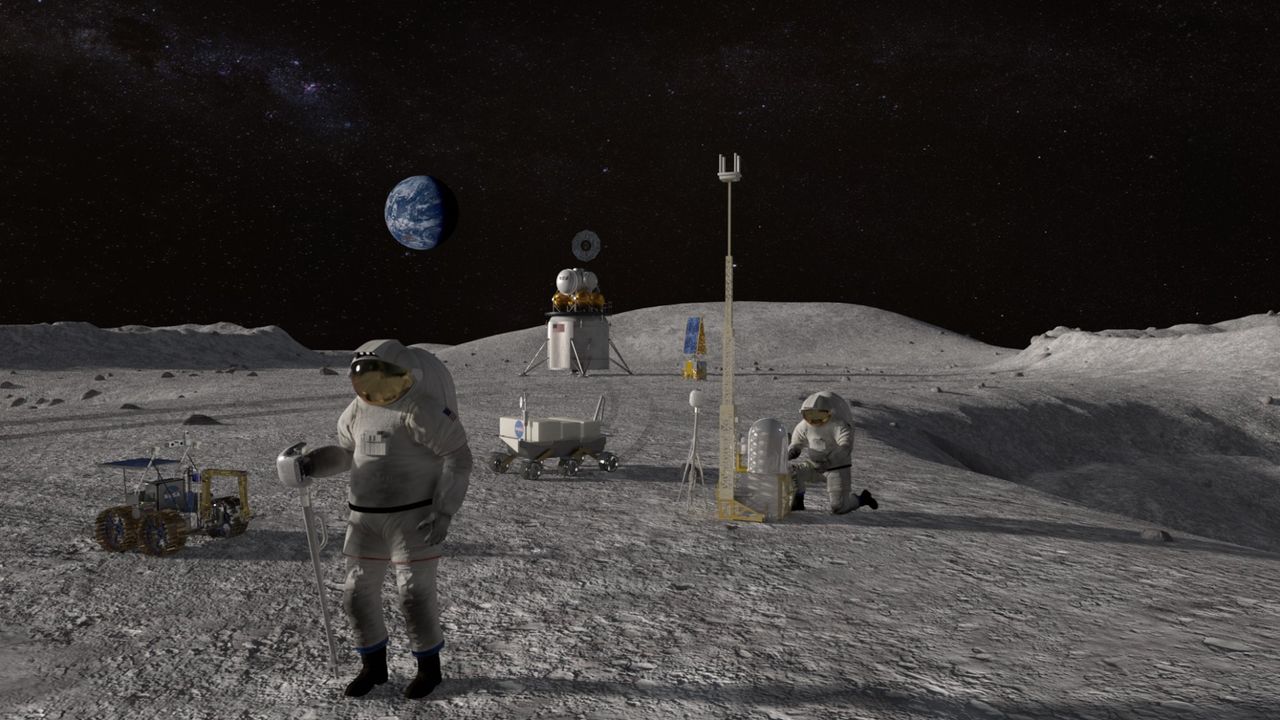
NASA and Google are collaborating to test an innovative AI-powered medical assistant aimed at enhancing astronaut health management during long-duration space missions. This initiative addresses the challenges posed by communication delays with Earth, which can hinder real-time medical consultations during critical moments.
The proof of concept being developed is known as the Crew Medical Officer Digital Assistant (CMO-DA), a type of Clinical Decision Support System (CDSS). This digital assistant is designed to provide medical support to astronauts operating beyond low Earth orbit, particularly during missions to the moon and Mars. The autonomous capabilities of the CMO-DA would allow crews to diagnose and treat symptoms independently, an essential function on distant missions where immediate communication with medical experts on Earth is not feasible.
In a statement released on August 8, 2023, Google representatives noted that the AI system is trained on spaceflight literature and employs advanced natural language processing and machine learning techniques. These technologies enable the assistant to deliver real-time analyses of crew health and performance effectively. Early results from the tests suggest that the AI can reliably diagnose conditions based on reported symptoms.
Addressing Communication Challenges in Space
Deep-space missions present unique challenges, including communication delays that can extend up to 45 minutes for round-trip light signals to Mars. This significant time lag renders real-time consultations with medical professionals impossible, underscoring the necessity for an onboard AI assistant. In situations where a speedy return to Earth is not an option, having a reliable medical support system could prove essential for astronaut safety and well-being.
NASA and Google are actively collaborating with medical professionals to further test and refine the CMO-DA model. The partnership aims not only to enhance astronaut health management but also to explore potential applications for this technology in remote and demanding environments on Earth, where access to trained medical personnel is limited.
The development of the CMO-DA aligns with NASA’s commitment to advancing human spaceflight through its Artemis program, which aims to establish a sustainable human presence on the moon and eventually support missions to Mars. As these ambitious goals progress, innovations like the AI medical assistant could play a pivotal role in ensuring the health and safety of astronauts during their missions.
In conclusion, the collaboration between NASA and Google marks a significant step forward in integrating AI technology into space exploration. The potential impact of the CMO-DA extends beyond the confines of space, offering valuable insights and tools that could transform medical support in both extraterrestrial and terrestrial settings. As testing continues, the future of astronaut health management appears promising, with technology paving the way for safer and more effective exploration of the cosmos.
-

 Technology4 weeks ago
Technology4 weeks agoDiscover the Top 10 Calorie Counting Apps of 2025
-

 Lifestyle1 month ago
Lifestyle1 month agoBelton Family Reunites After Daughter Survives Hill Country Floods
-

 Education1 month ago
Education1 month agoWinter Park School’s Grade Drops to C, Parents Express Concerns
-

 Technology2 weeks ago
Technology2 weeks agoDiscover How to Reverse Image Search Using ChatGPT Effortlessly
-

 Technology3 weeks ago
Technology3 weeks agoHarmonic Launches AI Chatbot App to Transform Mathematical Reasoning
-

 Technology1 month ago
Technology1 month agoMeta Initiates $60B AI Data Center Expansion, Starting in Ohio
-
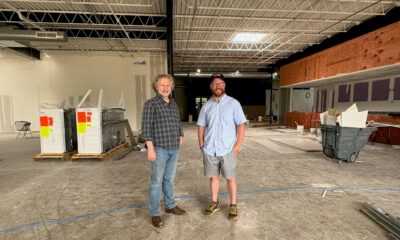
 Lifestyle1 month ago
Lifestyle1 month agoNew Restaurants Transform Minneapolis Dining Scene with Music and Flavor
-

 Technology1 month ago
Technology1 month agoByteDance Ventures into Mixed Reality with New Headset Development
-

 Technology4 weeks ago
Technology4 weeks agoMathieu van der Poel Withdraws from Tour de France Due to Pneumonia
-

 Technology1 month ago
Technology1 month agoRecovering a Suspended TikTok Account: A Step-by-Step Guide
-
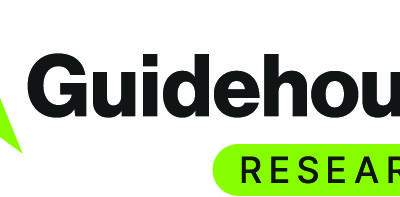
 Technology1 month ago
Technology1 month agoGlobal Market for Air Quality Technologies to Hit $419 Billion by 2033
-

 Health1 month ago
Health1 month agoSudden Vision Loss: Warning Signs of Stroke and Dietary Solutions



